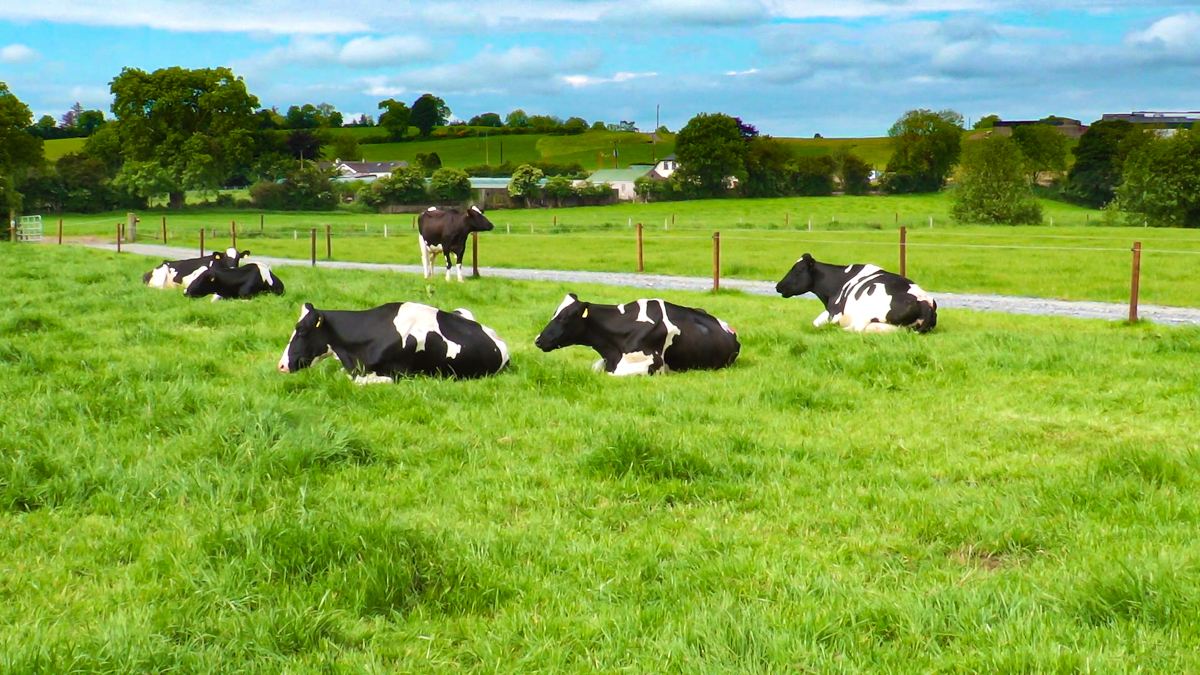Giving transport a better score than agriculture on emissions is absurd.
The recently published scorecard by environmental non-governmental organisation (NGO), Friends of the Earth Ireland, had some surprising results given the poor performance of the government to address emissions in any sector, bar agriculture.
Instead, agriculture ranks as ‘poor’ with a score of 4.0 compared with transport at ‘moderate’ despite massive increases in transport emissions.
Emissions
Firstly, let’s establish exactly how Ireland as a country is doing on greenhouse gas (GHG) emissions. The answer is poorly, by any true assessment.
According to Eurostat, while the EU as a whole reduced GHGs by 4% in the last three months of 2022, Ireland was the standout poor performer with our emissions rising by 12.3%.
Ireland again was bottom of the class with emissions rising in the first three months of 2023 by 9.1% compared to the same period in 2022, while our EU neighbours were reducing theirs by 2.9%.
These figures differ to those used by the Environmental Protection Agency (EPA), due to the fact the Eurostat includes heavy emitters based in Ireland like aviation and multinationals, however even EPA data shows that Ireland is going in the wrong direction.
Ireland managed only a minor decrease of 1.9% in 2022 after a rise in 2021 of 5.8% mostly on the back of agriculture cutting its emissions.
The longer term trends show that even with the minor cuts in 2022, we are now within 0.5% of 2019’s emissions erasing all Covid-19 related GHG reductions, with transport showing the largest jumps since 2020.
Ireland’s biggest failing sector in 2022 is not, in fact, agriculture as often depicted, but in transport.
Reductions offset by transport gains
While agriculture accounts for the largest share of emissions and may always do so, it is transport emissions rising back to near pre-Covid-19 levels that is stunting the cuts from agriculture and energy.
Many other European countries, where policies have kept their ‘Covid gains’ such as The Netherlands, now have road transport emissions slightly below their 1990 level.
Car-loving Germany has even managed to reduce its transport emissions from 1990 by nearly 10%.
Ireland, meanwhile, has now nearly double the transport emissions we had in 1990.
Despite electric vehicles now making up 19% of all new registrations in 2022, again emissions rose the most of any sector at 6%.
In energy some gains were made, with coal and oil use being cut, however these were too often replaced by gas, another fossil fuel.
As a result, while electricity emissions fell by 1.8% in real terms, their reduction amounts to the equivalent of 1.9 million tonnes of carbon dioxide (CO2), whereas agriculture’s cut was a third greater than this at 2.9 million tonnes equivalent.
That this decrease in emissions in farming was achieved while still growing the national dairy herd and output of milk is simply quite astonishing.
At present, farmers have few tools to reduce the largest chunk of agricultural emissions – methane produced by cattle.
Should these come on market and be viable for our grazing systems, with proper support, further reductions are no doubt achievable.
Agriculture
Despite the substantial drops in emissions from farming, this is again dismissed.
Despite farmers’ large uptake of clover and better nutrient management, allowing a massive cut in synthetic nitrogen (N) of 14%, surpassing government targets for 2022 and 2023, these efforts are dismissed.
Despite agriculture’s efforts of actively contributing more than the energy sector to slow global warming by reducing GHGs, farming is given only 4/10 of a score compared to energy at 7/10.
The dismissal within the report of ‘business as usual’ within agriculture, despite the rapid uptake of technology and significant state investment in research and development of GHG-reducing technologies for livestock, might lead some to conclude that this is more an opposition to livestock farming than a true concern over climate change.
There is no doubt that as a sector agriculture will need to continue the work we are already doing in emissions cutting.
With recent advances in the research around methane however, the inventories will likely soon be updated to detach emissions from milk production, as they are assumed to increase now in line with milk production.
This will help the sector get recognition for its focus on genetic improvements leading to efficiency rather than simple higher inputs.
